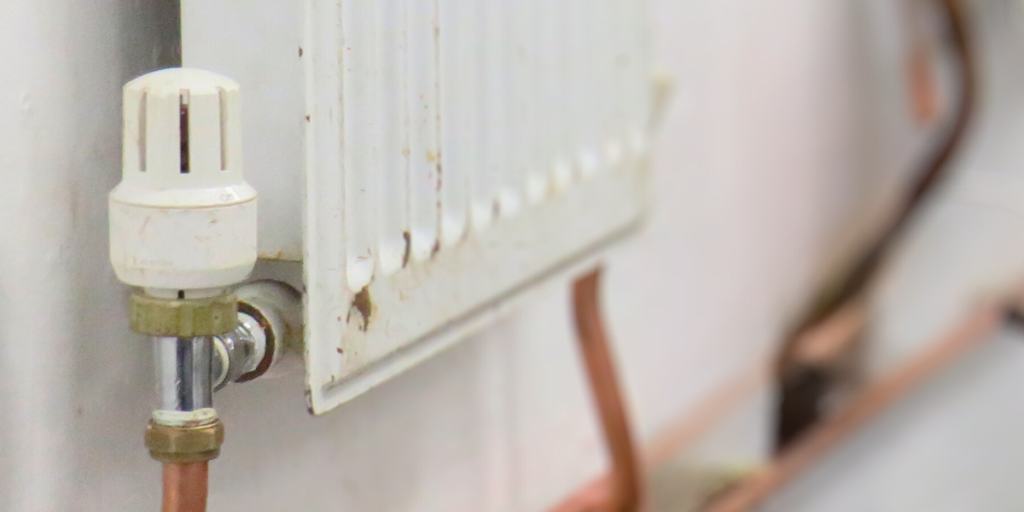
With plummeting temperatures and adverse weather conditions, it’ll come as little surprise that winter is usually a particularly busy time for tradespeople.
Plumbing issues tend to arise much more frequently in the colder months, with many of these issues tending to be that bit more urgent.
While major repairs and emergencies should always be left to qualified plumbers, there are several simple and effective steps homeowners can take when it comes to ensuring their plumbing is ready for winter.
Find out where your stop tap is
Knowing exactly where your stop tap, also known as a stopcock or stop valve, is and understanding how to quickly turn it off can be incredibly useful, particularly in cases of emergencies such as a burst pipe.
This can help prevent any further damage by quickly cutting off the water supply. Not only will this help you limit any water damage, but it can also buy you more time to call out a professional.
Stop taps (or stop valves/stopcocks) are often located under the kitchen sink or in a utility room, though this can vary on a home-by-home basis.
Check pipes for leaks
It’s always worth regularly checking on your pipes for any potential leaks, but even more so in winter, when even the smallest leaks can freeze and lead to cracked or burst pipes. If you do spot a leak, turn off your stop tap and contact a qualified plumber and lay down towels to soak up as much of the water as possible.
Insulate pipes in unheated areas
Any exposed pipes running through cold areas of the home, such as in attics, garages or basements, can be wrapped in insulating pipe sleeves to reduce the chances of them freezing. Along with helping to prevent potential bursts, insulation reduces the amount of heat escaping from the pipes, improving the performance of your heating system.
Has your boiler been serviced?
It’s recommended that homeowners have their boiler serviced annually by a qualified engineer.
Signs that your boiler might need servicing include:
- Higher than usual heating bills
- Water isn’t running hot, or as hot as usual
- Leaks from or around the boiler
- Unusual smells or sounds coming from the appliance
If you’re living in a rented property, it’s a legal requirement for your landlord to ensure that the property’s boiler is serviced every 12 months.
When should you call a plumber?
For emergencies, severe leaks and leaks you cannot locate, it’s always best to immediately call out a professional. Likewise, if you have no running water, or no hot water, it’s advisable to seek the help of a qualified plumber.
Other reasons to call out a plumber include foul smells, persistent low water pressure and dripping faucets.
Learn basic skills with an introductory plumbing course
If you want to pick up a basic understanding of plumbing skills that can be used in a domestic setting, then an introductory plumbing course is a great place to start. Not only will this type of course help you deal with simple plumbing tasks around the house, but it will also provide guidance on when and if you need to call out a professional plumber.